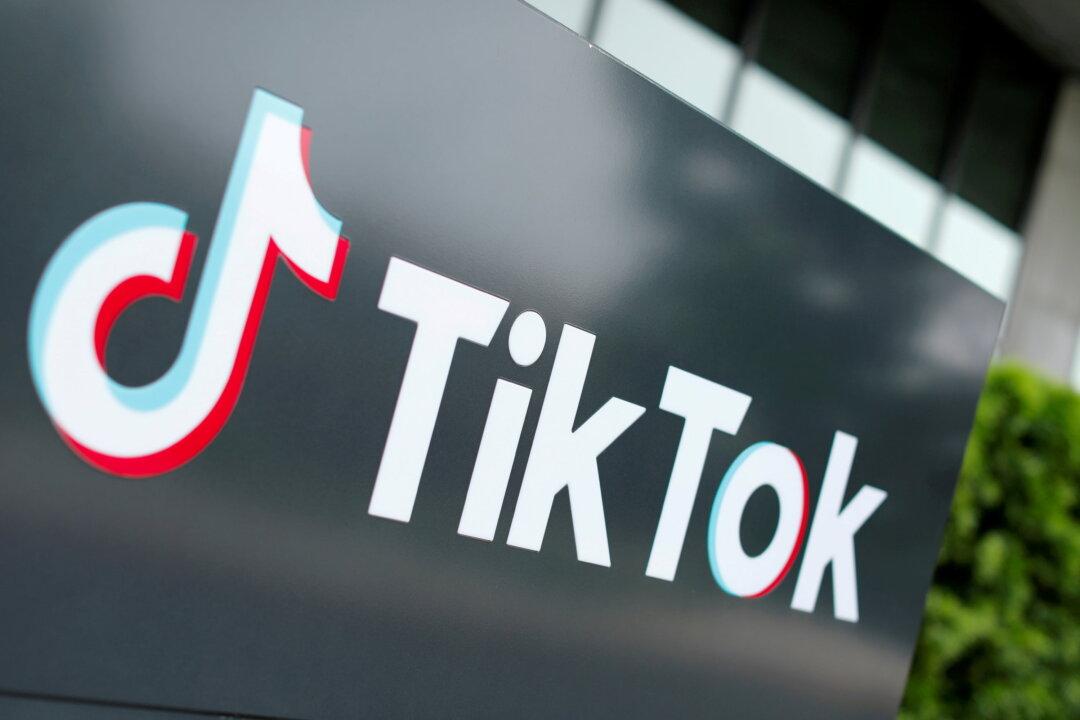U.S. Senate Select Committee on Intelligence Chairman Mark Warner (D-Va.) and Sen. Marco Rubio (R-Fla.), the top Republican member of the panel, are calling on the Federal Trade Commission to formally investigate the relationship between the regime in China and the owner of social media giant TikTok.
“We write in response to public reports that individuals in the People’s Republic of China [PRC] have been accessing data on U.S. users, in contravention of several public representations, including sworn testimony in October 2021,” the senators told FTC Chair Lina Khan in a letter made public late on July 5.





